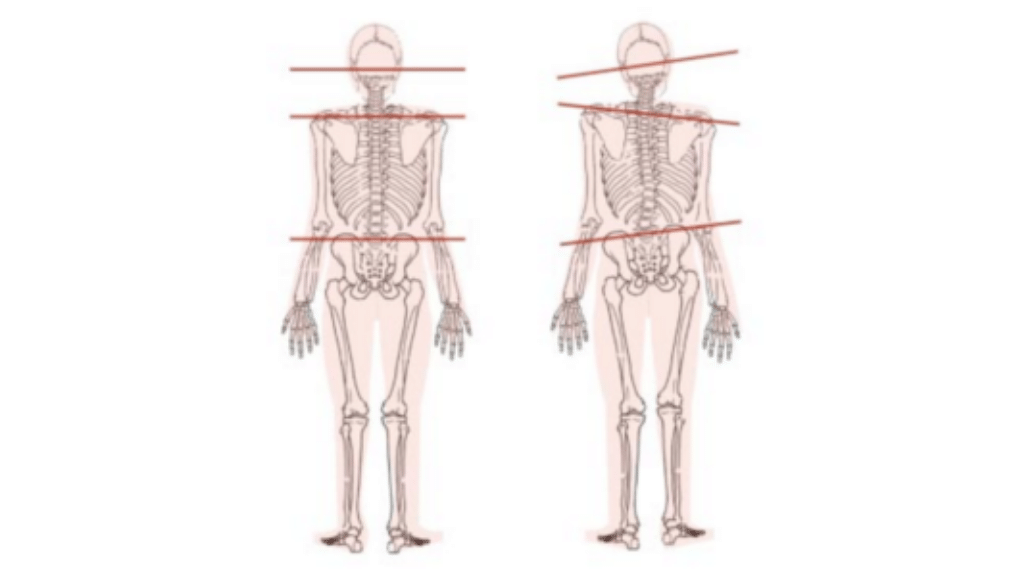TMJ disorder – a painful condition of the jaw joints – can lead to chronic pain, including headaches and migraines.
What you may not realize about TMJ disorder symptoms is that they go way beyond jaw pain. In fact, the disorder can actually impact the rest of the body, including your posture.
Noblesville dentist, Dr. Mike Deldar, takes a holistic approach to dental care. Your dental team, along with Dr. Deldar, will check your bite and any anatomical anomalies to see whether they’re causing dental issues, as well as any general health issues.
For instance, TMJ disorder can also lead to more than just tooth pain and headaches – it can lead to sleep apnea, poor digestion, fatigue, and poor posture.
An overbite, underbite, or crossbite are various forms of jaw misalignment. Typically, this disorder is caused by misalignment of the teeth (crowded or crooked teeth), the jaw, or both. In addition to genetic misalignments, the following can contribute to TMJ pain:
- Missing teeth
- Gaps in the teeth
- Enamel wear
When you’re out of alignment in one part of the body, it isn’t uncommon to be out of alignment elsewhere. Misalignment strains the muscles, ligaments, and tendons in your body. Eventually, other parts of the body start to overcompensate, which can result in poor posture.
Poor posture can lead to:
- Neck, shoulder, and back pain
- Poor circulation
- Digestive issues
- Poor lung function
- Constricted and pinched nerves
- Even more jaw pain and headaches
How to Tell If You Have TMJ Disorder Symptoms
How can you know for sure if you have TMJ disorder? Contact your dentist as soon as you notice any of the following TMJ disorder symptoms:
- Jaw pain
- Tenderness in the jaw joint (one or both)
- Ear achiness
- Facial pain
- Lockjaw
- Headaches
- Migraines
- Difficulty chewing
- Pain while chewing
- Tooth sensitivity/pain
Talk to Your Dentist If You Notice Painful TMJ Symptoms
If you have any of the symptoms above, should you just “grin and bear it”? Please don’t. Your dental team can help you by providing tips and tools that can reduce or even eliminate your pain.
Depending on the underlying cause of your TMJ disorder, your dentist can offer several treatment options. You might be a candidate for a nightguard, orthodontia, or even jaw surgery. In mild cases, regular exercises, as well as dietary and lifestyle changes can decrease painful TMJ disorder symptoms.
Do you experience jaw pain and headaches? We can help reduce your pain. Contact us today to schedule an appointment.





